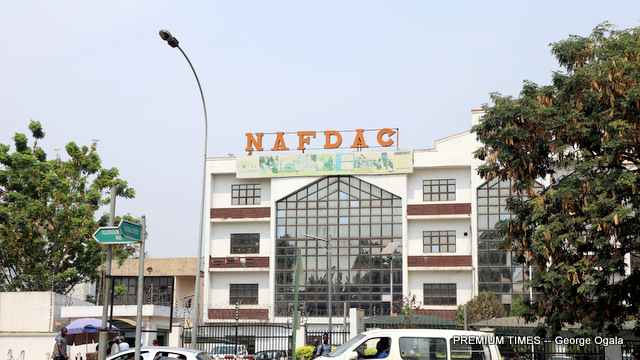A SAUDI-Arabian fitness influencer has been jailed for 11 years after she went shopping in an outfit which was deemed inappropriate.
Manahel al-Otaibi was handed the jail sentence in January but details of the shocking case have only just emerged.
The country recently replied to a United Nations human rights request after the country claimed she was jailed for “terrorist offences”.
Amnesty International and Al Qst, a Saudi human rights group based in London have slammed this narrative and say Al-Otaibi was actually imprisoned for a different reason.
According to them it was her choice of clothing and social media posts where she posted the hashtag “abolish male guardianship” that landed her in hot water with the conservative country,
Al-Otaibi wore what were judged to be “indecent clothes” in videos and went shopping without an abaya, a long robe, the groups said.
Saudi Arabia claimed that Al-Otaibi was “convicted of terrorist offences that have no bearing on her exercise of freedom of opinion and expression or her social media posts”.
The country’s counter-terrorism law, under which Al-Otaibi was convicted, has been criticised by the United Nations as an overly broad tool to stop dissent.
Bissan Fakih, Amnesty International’s campaigner on Saudi Arabia, said: “Manahel’s conviction and 11-year sentence is an appalling and cruel injustice.
“With this sentence, the Saudi authorities have exposed the hollowness of their much-touted women’s rights reforms in recent years and demonstrated their chilling commitment to silencing peaceful dissent.”
Lina Alhathloul, Al Qst’s head of monitoring and advocacy, said: “Manahel’s confidence that she could act with freedom could have been a positive advertisement for Mohammed bin Salman‘s much-touted narrative of leading women’s rights reforms in the country.
“Instead, by arresting her and now imposing this outrageous sentence on her, the Saudi authorities have once again laid bare the arbitrary and contradictory nature of their so-called reforms, and their continuing determination to control Saudi Arabia’s women.”
Saudi Arabia denied allegations from the well established human rights groups in its letter to the UN.
It comes as the world’s first Dragon Ball theme park is set to open in Saudi Arabia as the country ramps up its efforts to attract tourists.
It’s expected to be a sight to behold, featuring a huge 70m dragon at its centre and more than 30 thrilling rides.
But, although some are excited for the comic-series-inspired park, others have slammed the country for its brutal regime.
Rules in Saudi Arabia
Saudi Arabia is known for having a poor human rights record and many strict rules.
1. NO FREE SPEECH
Dozens of outspoken activists remain behind bars, simply for exercising their rights to freedom of expression.
Many of Saudi Arabia’s most famous human rights defenders have been imprisoned, threatened into silence, or fled the country.
2. NO PROTESTS
Protests and demonstrations are illegal.
Those who break this law can face arrest, prosecution and imprisonment on charges such as “inciting people against the authorities”.
3. NO LBGTQI+ RIGHTS
LGBTQI+ rights are not legally recognized or protected in Saudi Arabia, and are even labeled as “extremist ideas.”
The country’s legal system prohibits LGBTQI+ relationships, public displays of affection and gender expression.
Anyone found to be in breach of this law can face discrimination, and legal repercussions including fines, imprisonment or the death penalty.
4. CRACKDOWN ON FREE MEDIA AND PRESS
The Saudi authorities control domestic media and journalists can be imprisoned for a variety of “crimes”
Saudi authorities including the Crown Prince sanctioned the brutal murder the journalist Jamal Khashoggi after he criticised the government.
Leadership in the country has never been held to account for their role.










